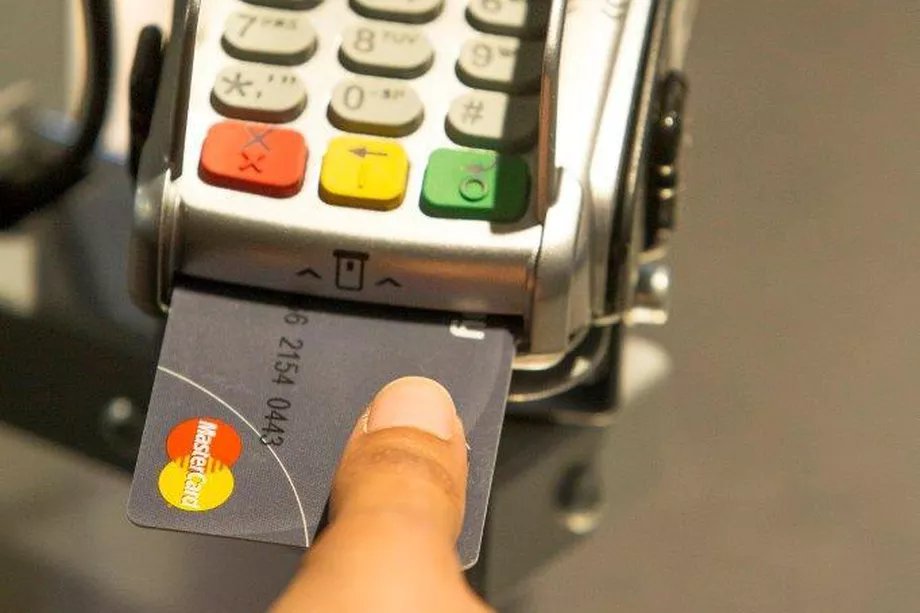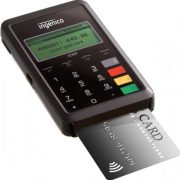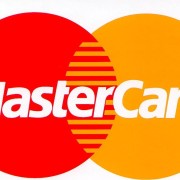Under the code of conduct for the credit and debit card industry businesses have certain cancellation rights that avoid early cancellation fees. Notwithstanding that you have to make sure you cancel properly. According to the code you can cancel under the following conditions:
1. By giving notice in writing a minimum of 90 days before your contract term expires. We should note that auto renewals can now be for an additional term of 6 months maximum.
2. By giving notice in writing within 90 days of receiving notice of a fee increase or new fee. “Payment card network rules will ensure that following notification of a fee increase or the introduction of a new fee, or a reduction in applicable interchange rates not passed on to merchants, merchants will be allowed to cancel their contracts without penalty”.
3. Some Processors were giving notice but not telling what the change was so the government changed the rule to give businesses 90 days to cancel after they can assess the effect of the changes. “FCAC’s Commissioner expects that PCNO rules will ensure that the 90-day period during which merchants will be able to cancel their contracts without penalty should begin only after the merchants are able to reasonably assess the impact of the fee changes on their businesses. Furthermore, merchants must be allowed to cancel contracts without any penalty within 90 days of actually being able to assess the cost implications.”
The above covers the Code of Conduct rules but as always should the processor breach their contract by say charging fees higher than the contract fees for instance you would have a right to cancel (we have seen several instances of this).
Cancellation fees vary by Acquirer and ISO. Acquirers are the people that do the processing and move the money around. The big 6 in Canada are:
1. Moneris: early cancellation fee $300
2. First Data: early cancellation fee $250 for Visa and $250 for MasterCard
3. TD Merchant Services: early cancellation fee $300
4. Global Payments: early cancellation fee “*Liquidated Damages”
5. Elvaon: no early cancellation fee
6. Chase Paymentech: early cancellation fee $300
There are also a large number of ISO (Independent Sales Organizations) who resell the services of the above Acquirers they must disclose their Acquirer(s) on their web site. Note just because your statement come from one of the Acquirers if you signed with and ISO they can set their own early cancellation fees. A number of ISOs who process through Elavon charge a cancellation fee.
Bottom line, when you cancel do it in writing within the time allotted and make sure your processor confirms that there are no cancellation fees. Also always a good idea to cancel your PAD agreement.
*”Liquidated Damages” are calculated as the fees the processor feels they would have collected should you have completed your contract. The actual definition is not very specific but are generally in the thousands of dollars.
For more information Contact Us






 transactions for cards issued by banks instead of individual businesses.
transactions for cards issued by banks instead of individual businesses. will take over. Processors have experimented with everything from finger prints to heart rhythm recognition. MasterCard has been using credit cards in Europe that use fingerprints for some time and they are bringing it to North America. The fingerprint (thumb) is embedded in the card you must have your thumb on the card when it goes into the terminal.
will take over. Processors have experimented with everything from finger prints to heart rhythm recognition. MasterCard has been using credit cards in Europe that use fingerprints for some time and they are bringing it to North America. The fingerprint (thumb) is embedded in the card you must have your thumb on the card when it goes into the terminal.



